Nico Hulkenberg has urged caution against "assumptions" being made about next year's new power unit regulations.
Several teams have already ended development on its current car in order to focus on 2026, given the size of the regulation change.
The introduction of new power units which will feature a 50/50 split between electrical energy and internal combustion has been touted by many as the biggest regulatory change in F1 history.
Already, several drivers have experienced F1's new regulations in the simulator, leaving many concerned.
It has been claimed by many in the paddock that the new cars will be several seconds slower than the current ground-effect era, while the difficulty of regenerating energy has been raised as a potentially dangerous situation.
Hulkenberg only recently started working on the simulator for Audi's 2026 car, with the German now having his first experience of what next year could look and feel like.
"We've only just started, still early days," Hulkenberg told select media, including RacingNews365. "We've had a first taste, first touch with it. So yeah, work in progress."
According to Hulkenberg, next year's car does feel different to his current Stake F1 machinery; however, he expects a lot to change before the 2026 season-opener next March.
Asked for his initial impression of next year's car, Hulkenberg replied: "Look, for me, it is a bit different, but it's still a race car at the end of the day, achieved in slightly different ways.
"But also, I think it's too early to take this as the real reference. I think what we have there now is not going to be the real thing come March. So, yeah, I don't know.
"I think we still need to wait and be a bit careful with too early assumptions or statements about that."
Also interesting:
Join RacingNews365's Ian Parkes, Sam Coop and Nick Golding, as they look ahead to this weekend's United States Grand Prix! The trio discuss how McLaren will use team orders going forwards, and the opportunity it presents Max Verstappen.
Rather watch the podcast? Click here!
Don't miss out on any of the Formula 1 action thanks to this handy 2026 F1 calendar that can be easily loaded into your smartphone or PC.
Download the calenderMost read
In this article



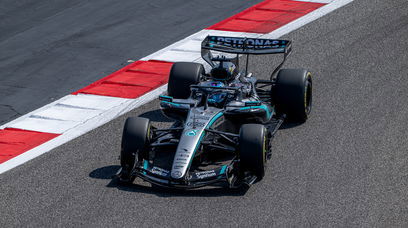
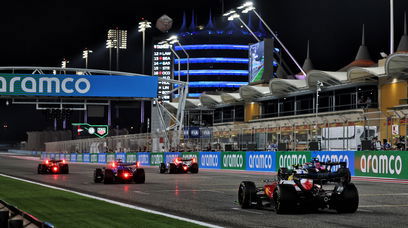
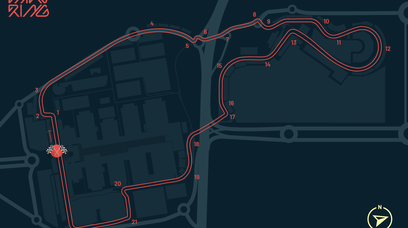
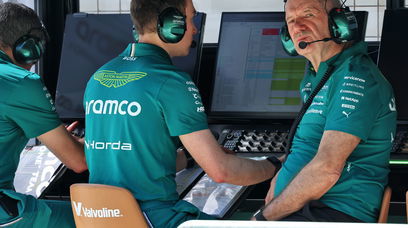
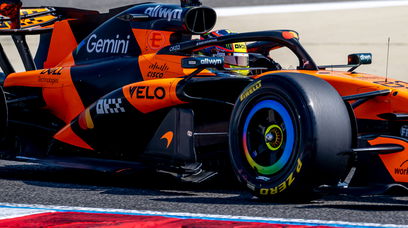
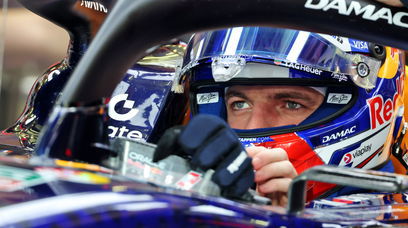

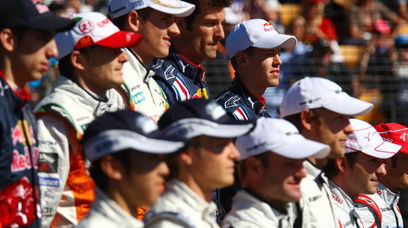
Join the conversation!